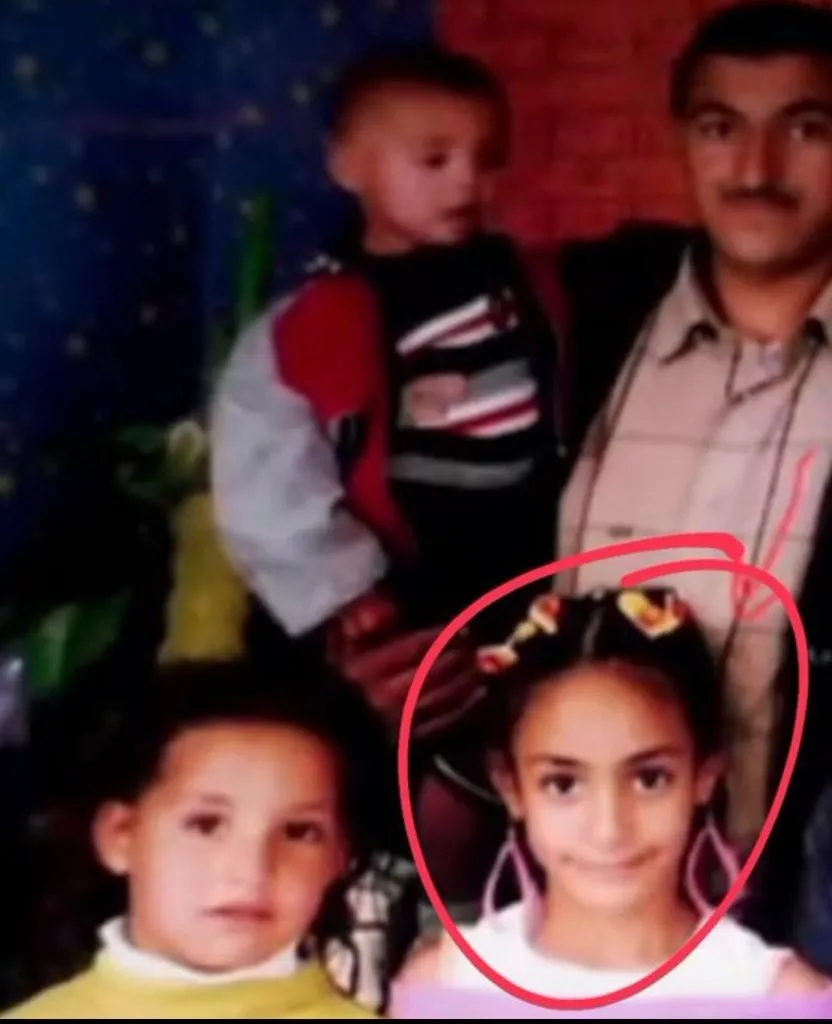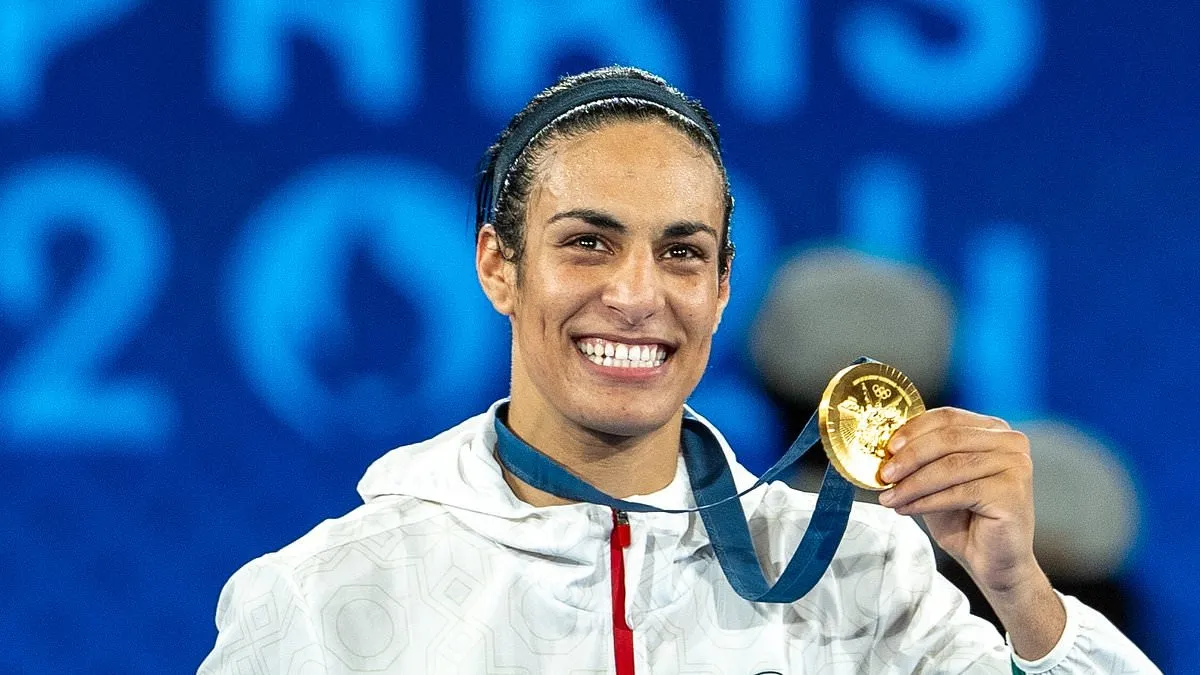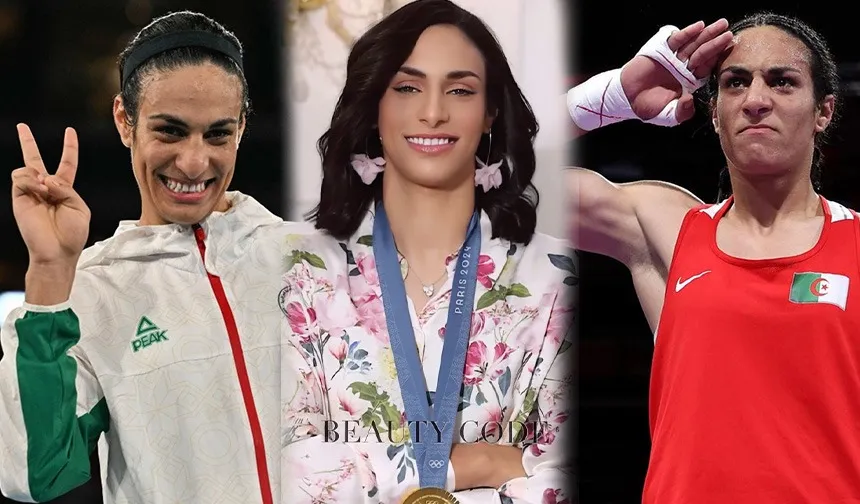In a world where the lines between personal identity and public scrutiny often blur, the case of Imane Khelif stands out as a gripping tale of defiance and determination.
The Algerian boxer, known for her ferocity in the ring, is now battling outside the ropes in what has become a highly publicized and controversial struggle over her gender identity.

The saga began when Imane Khelif was asked to undergo DNA testing to verify her gender, a request that she vehemently refused. The demand, which emerged in the context of her boxing career, sparked a firestorm of debate and speculation, with some questioning her legitimacy as a female athlete. For Khelif, the request was not just an insult, but an attack on her very identity and dignity. She has consistently maintained that she is, and has always been, a woman. Her refusal to comply with the DNA test is a powerful statement against what she and her supporters see as an unjust and invasive challenge to her integrity.

As the controversy swirled, Khelif’s father stepped into the fray, armed with evidence that he claims definitively proves his daughter’s gender. In a move that has only heightened the drama, he has vowed to pursue legal action to the fullest extent, seeking to clear his daughter’s name and restore her honor. The Khelif family is demanding 20 million dollars in compensation, a figure that reflects not just the potential financial damages but also the emotional and reputational toll this ordeal has taken.

For many, this case is about more than just one athlete’s fight for justice. It touches on broader issues of gender, identity, and the rights of individuals to define themselves without undue interference. The demand for DNA testing is seen by critics as part of a larger pattern of discrimination that women, especially those in traditionally male-dominated fields like boxing, often face. They argue that such demands perpetuate harmful stereotypes and reinforce the idea that women must constantly prove their legitimacy in ways that men do not.

On the other hand, some argue that in the competitive world of sports, where fairness and equality are paramount, certain measures must be taken to ensure that all athletes compete on a level playing field. For them, the request for DNA testing is not about discrimination but about maintaining the integrity of the sport. Yet, the Khelif case shows how these measures can sometimes collide with deeply personal issues, leading to complex and emotionally charged situations.
Imane Khelif’s refusal to back down, despite the pressure and the potential consequences, has resonated with many around the world. Her story is one of courage and conviction, a testament to the strength it takes to stand up for one’s beliefs in the face of adversity. As the legal battle unfolds, it is clear that this is about more than just money or titles—it is about a fundamental struggle for respect and recognition.
Whether Khelif and her family will succeed in their legal battle remains to be seen, but what is certain is that they are prepared to fight until the last breath. This case will likely have far-reaching implications, not just for Khelif, but for the broader discussions around gender and identity in sports. It is a story that will be watched closely, with the outcome potentially setting a precedent for future cases.





